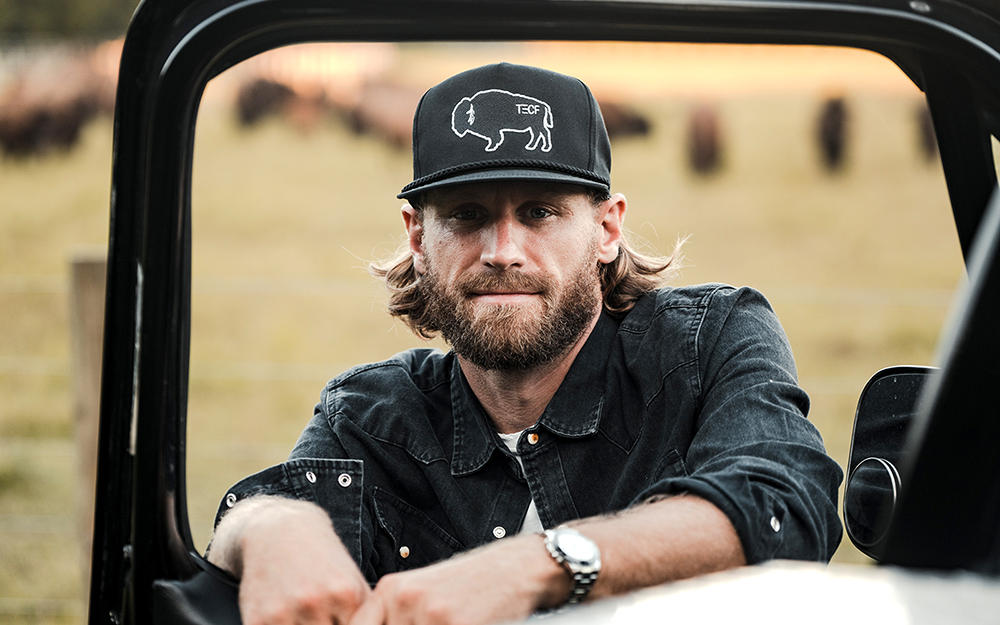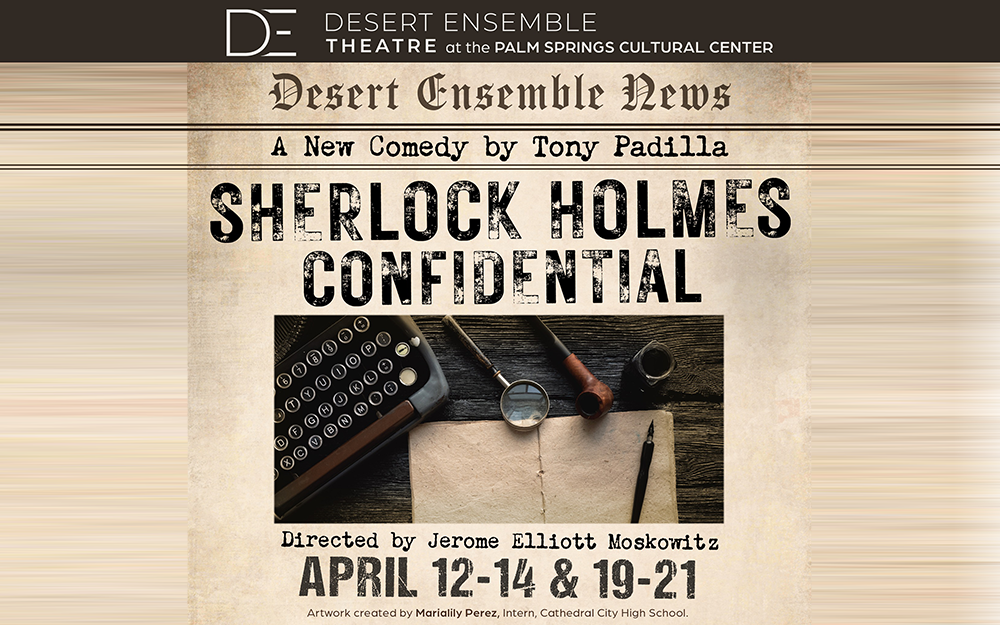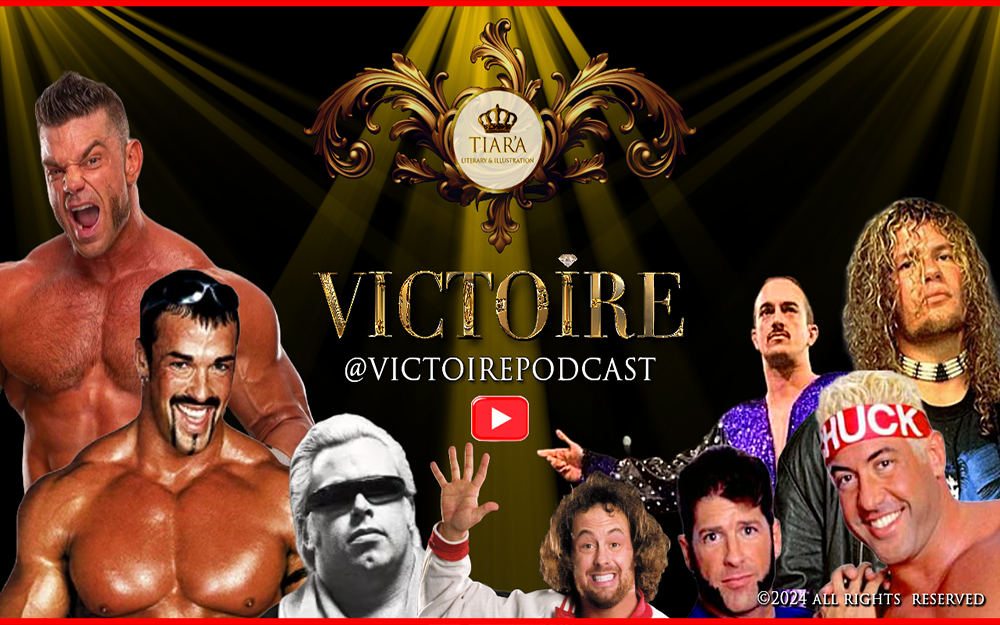By Robin Simmons
Chatting with Ed Asner, 83, is like cruising random pages of Wikipedia. You never know what will pop up. He has wide interests and opinions on a variety of fascinating subjects. Asner has extensive film, TV, stage and voice credits, but is perhaps best remembered as the irascible boss on the “Mary Tyler More” show. On stage or off, his singular voice requires attention. Here are excerpts of an edited version of a recent phone conversation that I wished could have lasted all afternoon.
ROBIN: How did you come to be associated with AMERICAN ROAD? What attracted you to the project?
ED: I knew nothing about it but was approached by the two creators (Kurt Jacobson and Warren Leming) and was intrigued by it. I think AMERICAN ROAD spells out — how can I say it? – So much allure, so much adventure. That automatically appealed to me.
ROBIN: And you’re the voice of the Weavers’ Ted Hayes and Walt Whitman, that’s correct?
ED: Yes.
ROBIN: When I think of the American road as a metaphor, I think of Whitman, Jack Kerouac, Woody Guthrie and a few others. The heart of America, really. The open road.
ED: Yeah, the open road. I knew a couple of hobos in my life. And it’s a hell of a society. We know very little about it. More should be written. They are the base culture of the American road.
And the film and the writing that came out of our depression of ’29! And there are people that you’ll never hear or know who were great storytellers of that era.
ROBIN: How did you get to know hobos?
ED: My make-up man — he spent time with them. He rode the rails. Had lots of stories. Evidently it was the ticket out of California in those days. He was 10 or 15 years older than I. His slightly older brother ended up at the King cattle ranch and was given a six-shooter and was an outlier who roamed the borders of the Texas ranch, I don’t know how long. The father finally sent money for him to come home. I gather he was still under age. When he got home, the dad took off his belt and said, ‘Well, let’s get this over with.’ As an adult, he eventually went to India for a while. His younger brother, my make-up man, was all over the place.
ROBIN: Did you ever hit the road or ride the rails?
ED: Never. My one excitement on the road was with a guy who had a Model A Ford. He was driving [from Kansas City?] to New York. I said, I’ll go with you. We got to New York. Parked uptown. It was a very bitter cold week and when we decided to head to Chicago, the cold had punctured so many holes in his radiator we had to stop and keep pouring liquid solder down the radiator! We got as far as Arlington, Ohio, when a blizzard began. I thought we were screwed royally.
Out of the blue, a guy stops. He gives us a ride. We leave the car there. I don’t think anyone ever went back for it. So we got a ride right where we were going into Chicago! That was my fortune, as they say.
ROBIN: What luck! Do you remember when you discovered acting and knew you could do it?
ED: Well, I discovered that as an amateur. I had done something for TV in Chicago. It was the “Lincoln – Douglas Debate.” Don’t think I got paid for it. I truly didn’t become a professional until I went in the Army for a few years and returned to Chicago where I started in the Theater and received a weekly pay. That was in 1953.
ROBIN: Do you remember the first time you discovered performance as a kid?
ED: I ALWAYS loved it! But coming from Kansas City, you didn’t volunteer to do plays in public school or at my temple! But when you were drafted, you were delighted. And I relished every performance I was chosen for.
I had two years of radio in high school. We produced our own programs, wrote them, acted them. We provided the music and sound effects. I loved it and felt I could do that forever. But coming from a bourgeoisie existence, you didn’t dare think you’d try and become a radio actor because it just wasn’t done.
So I went on thinking that way and it wasn’t until I was in college 11:35, and I had a friend who was in the theater group – it was all extra-curricular – and he heard me read for a radio production 11:45. He came from Newark. And because I came from Kansas City he thought all I knew was cowboys and Indians. So he said, ‘We’re going to do a production of Richard II.’ And I asked him, ‘I did radio in high school, should I try out for this?’ So I read and his jaw dropped to the floor. He said, ‘Where’d you learn to read like that?’ I shrugged.
So later on he said they were going to do “Murder in the Cathedral” for the summer production. I was going to summer school. This was at the University of Chicago. He said, go check the book out; you can do any of the roles. And I ended up doing the lead!
ROBIN: If you weren’t acting, what do you think you’d be doing?
ED: I was always drawn to history. I may have stumbled into archaeology.
ROBIN: There’s so much we don’t know.
ED: Yeah, all over the place.
ROBIN: What makes you happiest?
ED: Getting my work done.
ROBIN: Are there any words you live by? A personal credo or slogan?
ED: Avoid being a coward. I do my best to avoid being a coward.
ROBIN: They are out there.
ED: Oh God, we’re all out there!
ROBIN: Why do you think people are afraid to stand up for what is obviously moral and right?
ED: People are afraid to stand out in many cases. They are afraid to speak truth because they’re afraid it’ll bounce back and hit them in the kisser.
For instance, I’m a “9/11 Truther.” But when you talk about it, [some people] think you’re nuts. And in many cases, they don’t want to agree with you because then they’ll think they’re nuts! But many questions remain unanswered.
ROBIN: Someone mentioned to me the 9/11 documentary SEPTEMBER MORN, can you talk about it?
ED: No I can’t. I just appeared in it. I don’t know when it will be released. There’ll never be an investigation of 9/11 [until] everyone that is corrupt and punishable is dead.
ROBIN: Do you think a public person in the arts has a moral obligation to speak out on subjects beyond his or her art?
ED: When they speak out, they are generally jumped upon. They speak out because they are recognized. And they get nailed. I got nailed. I’m a survivor and proud to be called such. But I still watch my ass.
Here’s an example: a few weeks ago in a British paper, I read about a diplomat, an unimpeachable source, who said there was stuff in the National Archives about four kinds of alien beings our government had contacted. And then nothing since.
ROBIN: It’s amazing the stories that disappear.
ED: Yeah. The fact that people in our government have been in contact with alien creatures, including four different types. One of them is referred to as “the tall white guy.” It’s a basic description of a ghost. And supposedly they live amongst us.
The banking system is a culture that’s constantly corrupting us, destroying us. We live under the power of corporations. I’d rather live in the power of aliens!
I love the movie CLOSE ENCOUNTERS OF THE THRIED KIND. It’s wonderfully exciting, I love the way he (the character portrayed by Richard Dreyfuss) is described as a looney tunes, and when he goes away, he goes away as a looney tunes never to be heard of again. It’s a touching story.
The Brookings Institution has found that [revelation of any proof alien beings] would be too unsettling. Well, if my suspicions on 9/11 are correct, I’d prefer to know about aliens, than to live in a world where people ignore the culpability of 9/11.
ROBIN: A big subject. We could talk for hours.
ED: Yes.
ROBIN: Thanks for taking the time to chat. See you at the AMFM fest.
ED: Thank you.









































